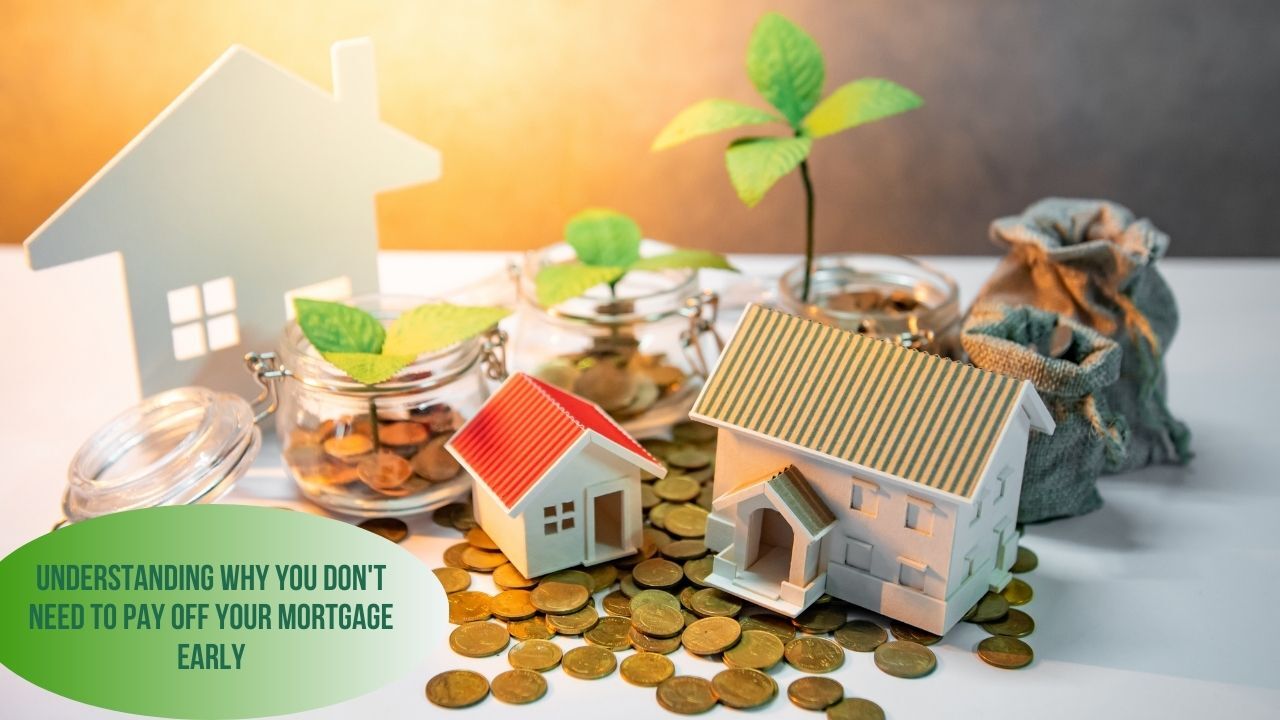 Many homeowners feel pressure to pay off their mortgage as quickly as possible but faster is not always better. In many real-life situations, directing your money toward other financial steps can offer more growth, more protection, and more flexibility. Understanding when early payoff is helpful and when it is not can give you greater confidence in your long-term plan.
Many homeowners feel pressure to pay off their mortgage as quickly as possible but faster is not always better. In many real-life situations, directing your money toward other financial steps can offer more growth, more protection, and more flexibility. Understanding when early payoff is helpful and when it is not can give you greater confidence in your long-term plan.
Your Mortgage Rate Matters More Than You Think
A major factor in this decision is your current mortgage rate. Many homeowners secured low rates in recent years that are far below the interest charged on credit cards and other consumer loans. When your mortgage rate is low, your money may produce a greater impact if you place it toward higher interest balances or long-term financial goals instead. A low rate reduces pressure and gives you the freedom to use your cash in ways that create a stronger financial future.
Strong Cash Flow Protects You
Extra mortgage payments may feel productive, but they reduce your accessible cash each month. Maintaining strong cash flow helps you handle emergencies, medical bills, unexpected repairs, or temporary income changes. Once money goes into your mortgage, it becomes home equity and is no longer easy to access. Keeping a cushion supports stability and prevents stress during uncertain moments.
Investing Often Beats Early Payoff
Long term investing can be one of the most powerful wealth building tools available to homeowners. The average long-term market return is often higher than the interest you pay on a low-rate mortgage. When this is the case, investing extra funds may grow your net worth faster than paying off the loan ahead of schedule. Slow and steady investing also supports retirement plans and creates long-term financial confidence.
Tax Benefits Add Value
Even with recent tax law changes, many homeowners still benefit from mortgage interest deductions. These deductions lower the true cost of your loan and keep your overall financial picture healthier. While not the only factor, tax advantages contribute to the bigger picture of why keeping your mortgage can be a smart choice.
Your Home Builds Equity Without Extra Payments
You gain equity simply by making your scheduled payments. Home values also typically grow over time, which increases your equity without any extra effort. You do not need to rush this process. Consistency and patience can lead to strong long-term results.
Choose the Strategy That Supports Your Goals
Paying off your mortgage early is not wrong, but it is also not required for financial success. A balanced plan that protects cash flow, supports investments, and reduces high interest debt often creates better long-term results. You can build wealth with confidence without racing toward a zero balance.
 The end of the year is the perfect time to review your finances and make smart moves that set you up for success. A few focused steps can strengthen your budget, improve your credit, and prepare you for major goals in the coming year.
The end of the year is the perfect time to review your finances and make smart moves that set you up for success. A few focused steps can strengthen your budget, improve your credit, and prepare you for major goals in the coming year.